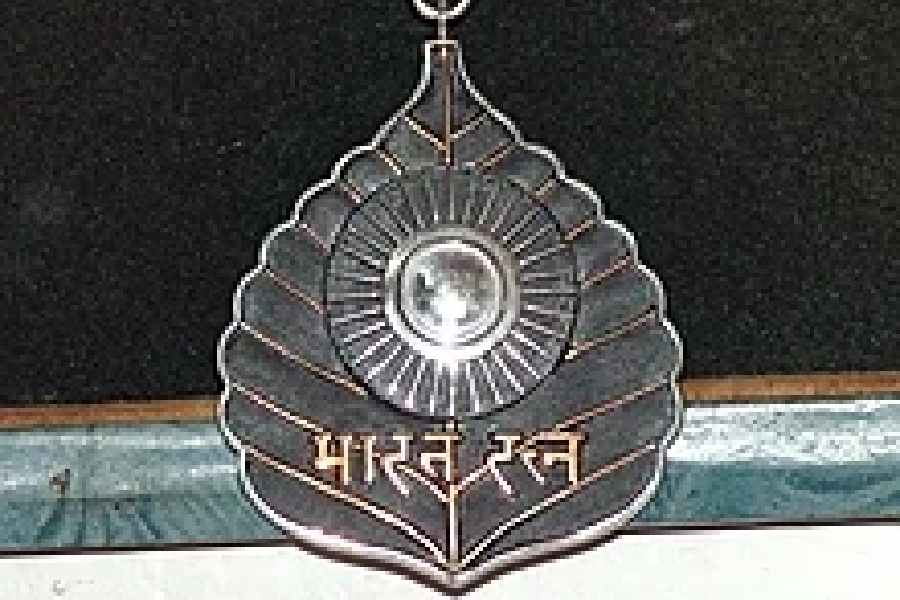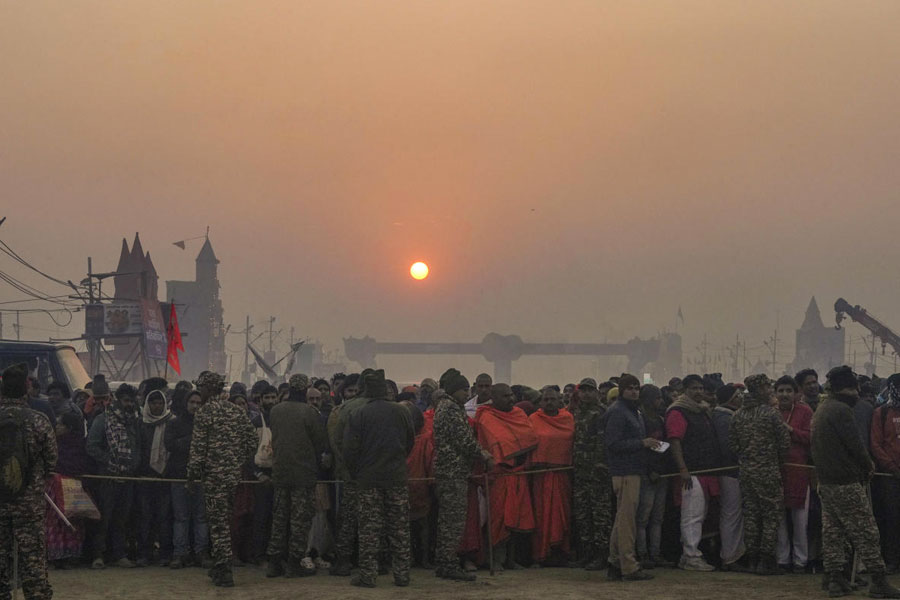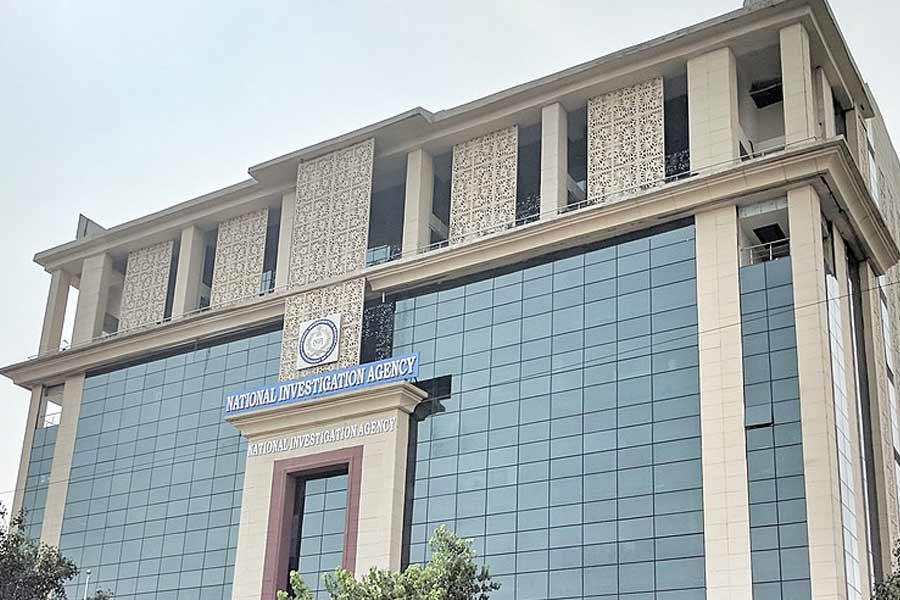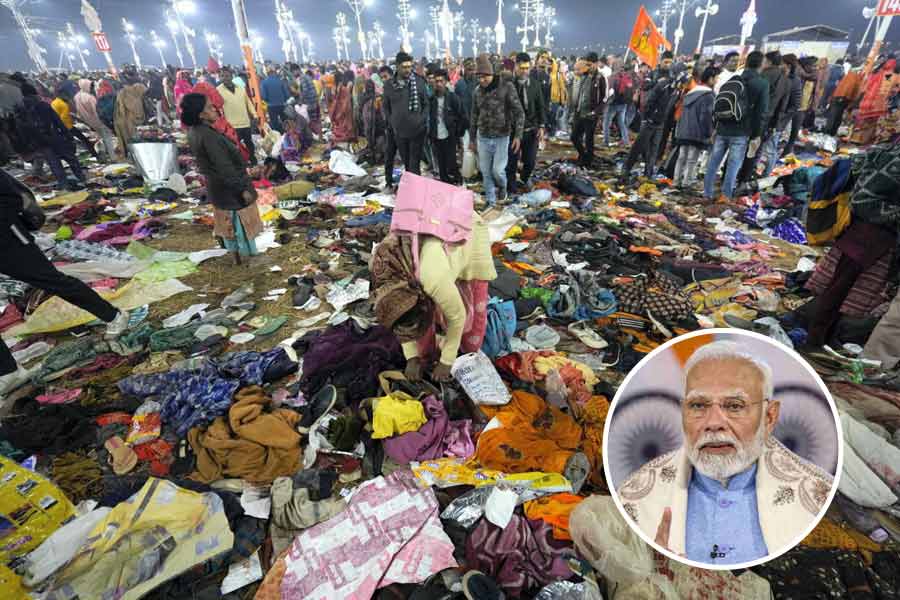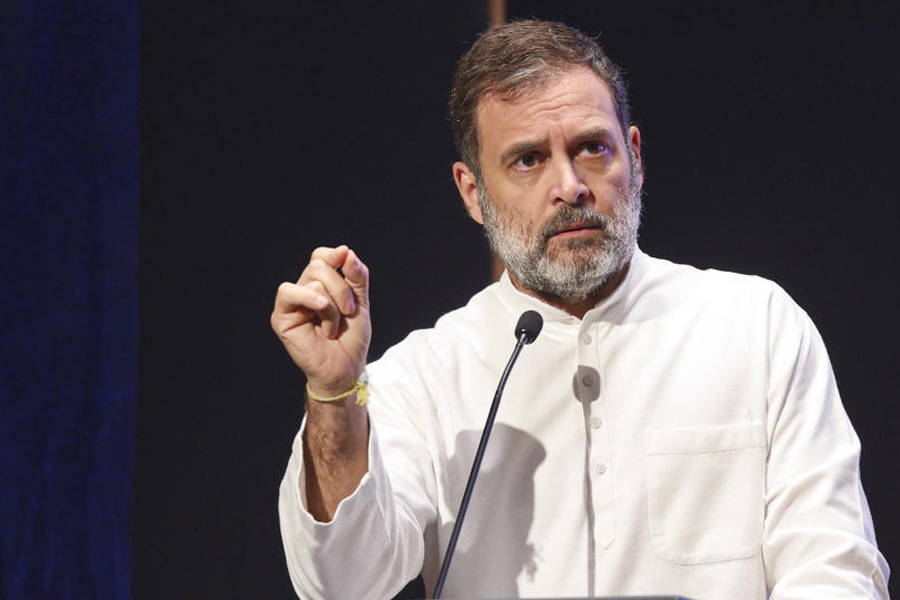“If we have to strengthen our democracy and socialism and if we are thinking in terms of equality of the citizens, these new distinctions should also be abolished” — so stated Acharya J.B. Kripalani while introducing the conferment of decorations on persons (abolition) bill, demanding the abolition of the Bharat Ratna and the Padma awards, in the Lok Sabha in 1969. He argued that although Article 18 had abolished titles, they “were sought to be brought in by the back door in the form of decorations; the decorations were not always awarded according to merit, and the Government of the day is not the best Judge of the merits or the eminence of the recipient...” Though the bill generated heated debates in the Lok Sabha, it was eventually defeated.
The framers of the Constitution sought to abolish titles to do away with social inequalities in the egalitarian society that they envisaged. The abolition of titles reaffirmed the spirit of our freedom movement that all citizens are equals. Military and academic distinctions were exempted from the prohibition for they are incentives for pursuing excellence. State honours like the Bharat Ratna and the Padma awards are often painted as academic honours. But this argument, as pointed out by H.M. Seervai, an expert on the Indian Constitution, is untenable. K.T. Shah argued in the Constituent Assembly that “the conferring of titles offended against the fundamental principle of equality sought to be enshrined in the Constitution.”
The conferment of awards causes discrimination not only between the awardees and the ordinary citizens but also between the awardees inter se. Moreover, in ‘warrant of precedence’, the awardees are ranked below the Union cabinet ministers which further belies the government’s claim that the title-holders are not being given any privileged treatment.
H.N. Kunzru, freedom fighter and liberal leader, was nominated for the Bharat Ratna in 1968 but he declined, citing his opposition to such honours in a Republic. But such a principled stand is rare in our times. These awards were instituted in January 1954 by two presidential notifications. In 1977, the Janata government discontinued these awards upholding the spirit of the Constituent Assembly’s resolve to abolish the feudal-colonial vestige of titles. Ironically, the leaders responsible for cancelling the Bharat Ratna and Padma awards during the Janata regime were given Bharat Ratnas subsequently: Morarji Desai (1991), A.B. Vajpayee (2015), and L.K. Advani (2024).
‘Liberty, Equality, and Fraternity’ was the motto of the French Revolution. In a speech on organising the National Guards in December 1790, Maximilien Robespierre, a French statesman, proposed that the words, ‘Liberty, Equality, Fraternity’, should be emblazoned on uniforms and flags of the revolution. The Indian Constitution inherited the holy trinity of ‘liberty, equality, and fraternity’ from the French revolutionaries. Significantly, the abolition of titles was a great act of the French revolutionaries in pursuit of equality of citizenry. On June 19, 1790, the French National Assembly abolished hereditary nobility forever. It was also decreed by the Assembly that titles should neither be accepted by, nor bestowed upon, anyone.
Pranchiyettan & the Saint, a Malayalam movie, has a good message for award-hunters. The protagonist, Pranchiyettan, is an uneducated but successful businessman. He is a devotee of Saint Francis of Assisi and often has imaginary conversations with the saint. He is unhappy despite his wealth and wants to become a celebrity. Inspired by the
recognition and the respect given to a Padma Shri recipient, he decides to somehow grab such an award. He bribes a politician but the corrupt politician dupes him. In the end, Saint Francis of Assisi opens his inner eye to the hollowness of such status-hunting and he finds solace in adopting a brilliant orphan boy.
Should our social climbers learn from Pranchiyettan?
Faisal C.K. is Deputy Law Secretary to the Government of Kerala. Views are personal

